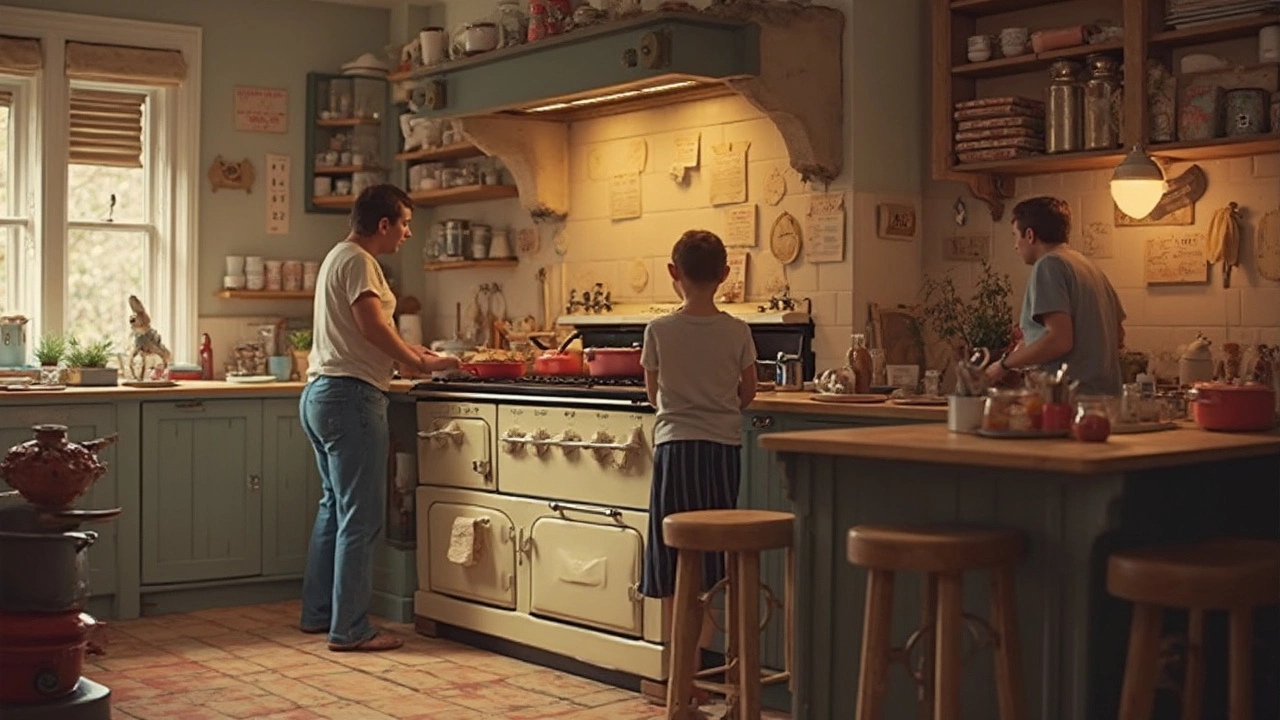Average Life of a Cooker: How Long Will Your Stove Last?
Most people think a cooker will work forever until it finally stops. The truth is, a typical kitchen stove gives you about 10‑15 years of solid service. That number can jump up or drop down depending on how you use and look after it.
What Determines a Cooker’s Lifespan
There are three big factors that decide how long your cooker stays reliable:
- Type of fuel. Gas cookers usually last 12‑15 years, while electric ovens and hobs tend to hit 10‑12 years. Induction tops can stretch to 15 years if you keep the surface clean.
- Build quality. High‑end brands use thicker burners, tougher seals, and better temperature controls, so they often survive 20 years or more. Budget models use lighter parts that wear out sooner.
- How you treat it. Regular cleaning, avoiding heavy pots that warp burners, and fixing small issues early can add years to the life of any cooker.
Besides these, the environment matters too. A kitchen with lots of steam, grease, or dust speeds up corrosion on gas connections and can ruin electronic controls on electric models.
When to Repair vs Replace Your Stove
Spotting the right moment to call a pro can save money and headache. Here’s a quick rule‑of‑thumb:
- If the problem is a single burner, a cracked knob, or a faulty igniter, a repair usually costs less than 30% of a new cooker. Fix it and you’ll likely get another 5‑7 years.
- When the main control board, oven thermostat, or multiple burners fail at once, repair bills can climb to 50% + of a replacement price. At that point, buying a new, more efficient stove makes sense.
- Check the age. If your cooker is over 12 years and you’re already spending on parts, a new model with better energy ratings will lower your bills.
Don’t ignore early warning signs: uneven heating, strange noises, or a burner that won’t stay lit. A quick service call can catch a small leak or a loose connection before it becomes a costly failure.
Regular maintenance is the cheapest insurance. Schedule a professional check‑up once a year, clean the burners and oven interior after each use, and replace worn seals on gas hobs every few years. These habits push the average life span toward the higher end of the range.
Bottom line: most cookers give you a decade or more of cooking, but the exact number hinges on brand, fuel type, and care. Keep an eye on performance, repair smartly, and you’ll get the most out of every pound spent on your kitchen’s heart.

How Long Do Cookers Last? Average Lifespan and Tips to Make Yours Last Longer
Ever wondered how long a cooker really lasts? This article breaks down what affects the average life of a cooker, gives you real-world numbers, and shares practical tips to get more years out of your cooker. Learn when it's worth repairing versus replacing and pick up tricks that'll keep dinner on the table for longer. Don't let a surprise breakdown ruin your week—get ahead with facts and easy advice. Perfect for anyone looking to make the most of their kitchen investment.